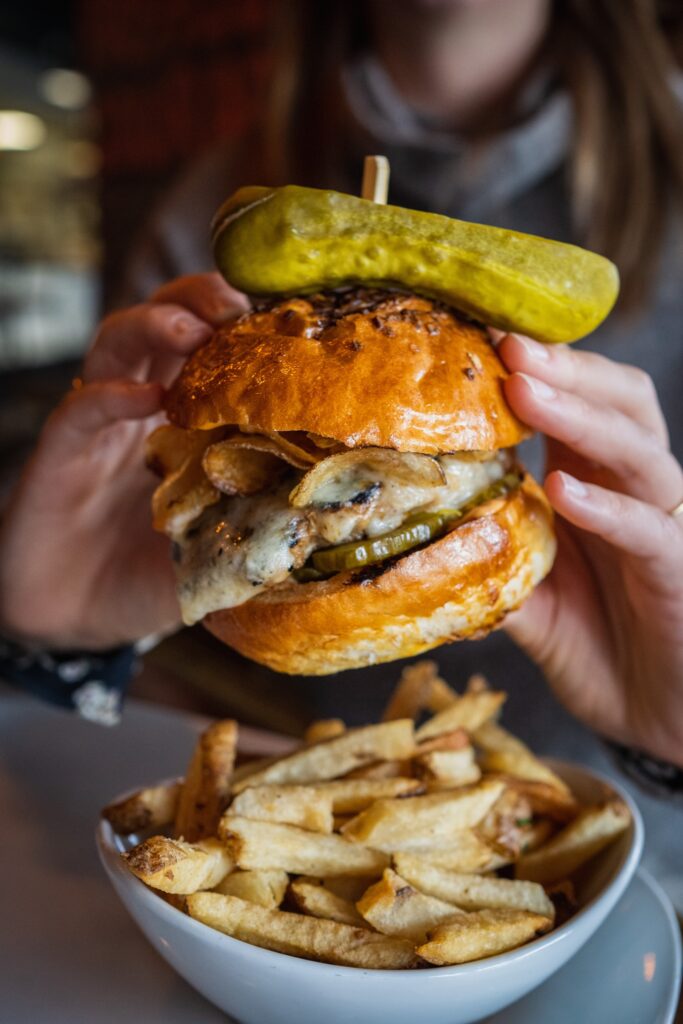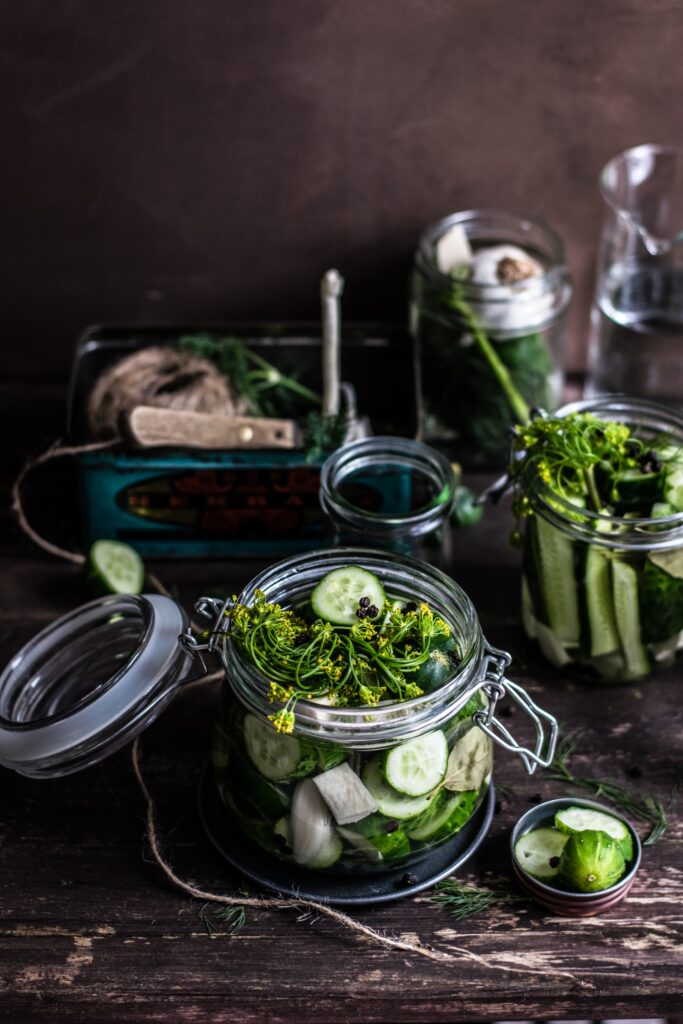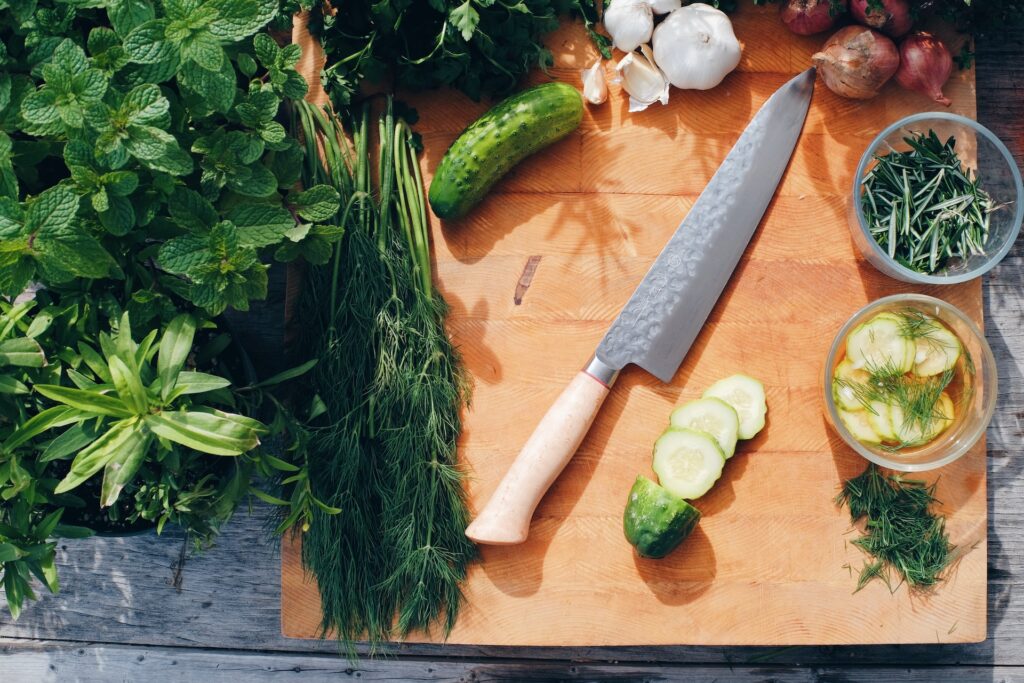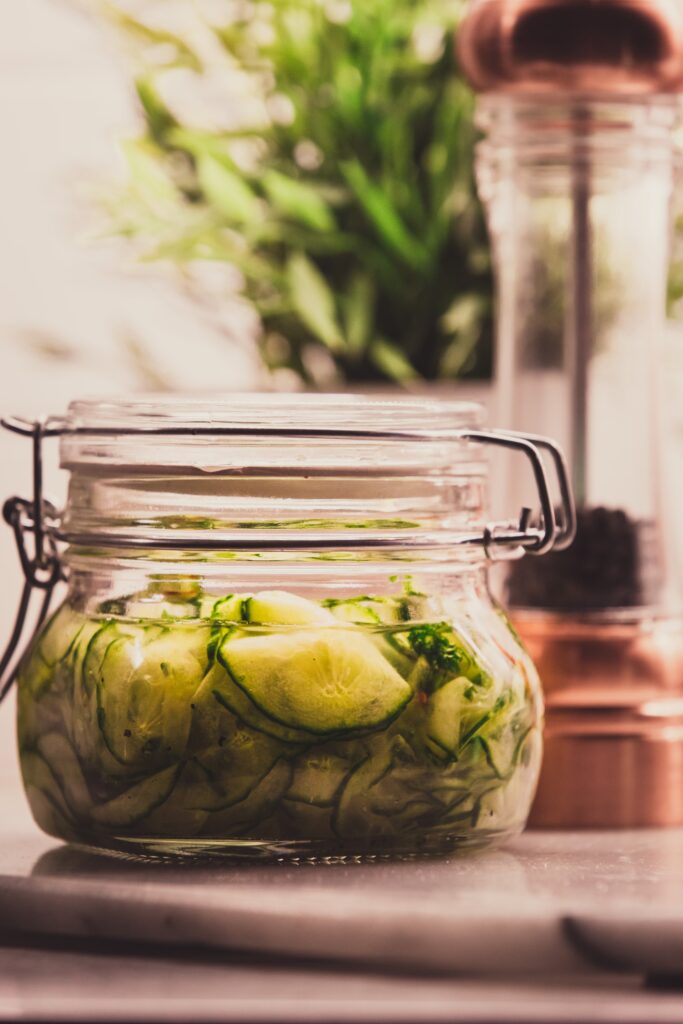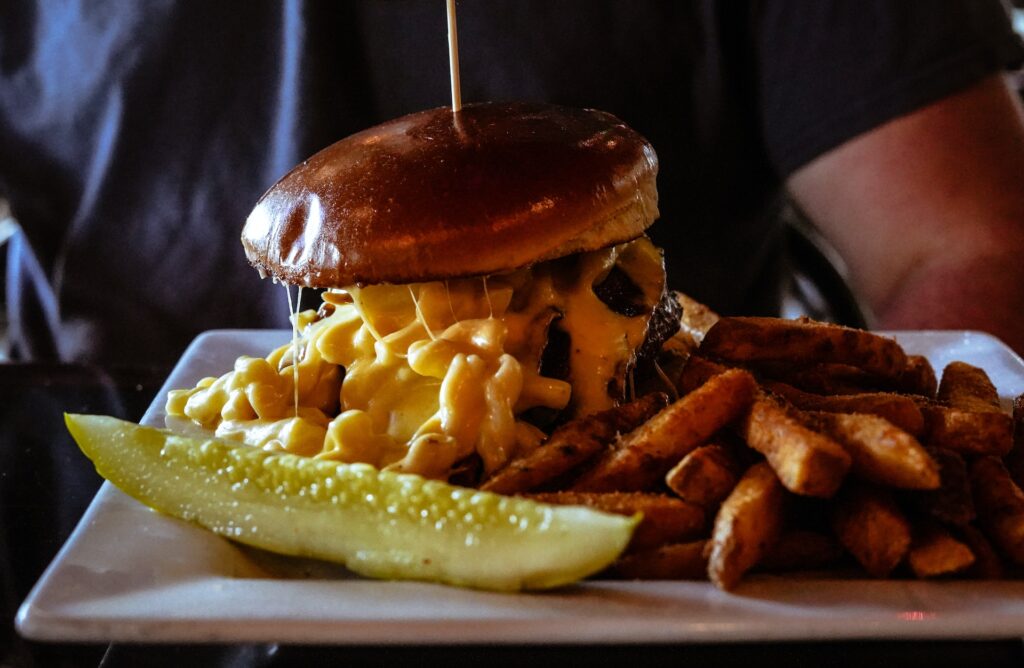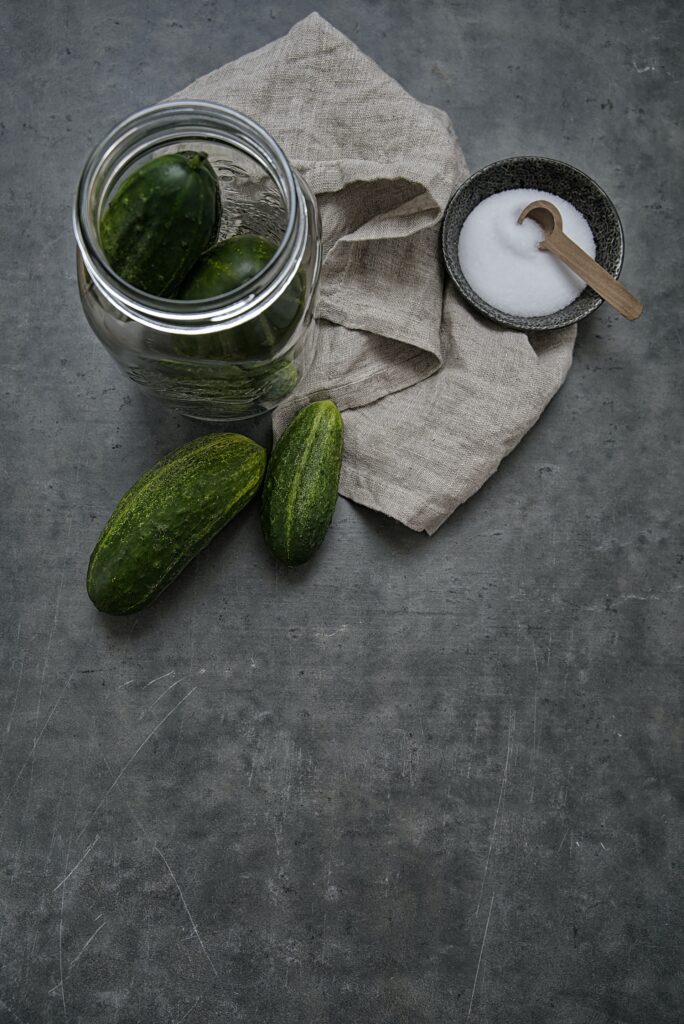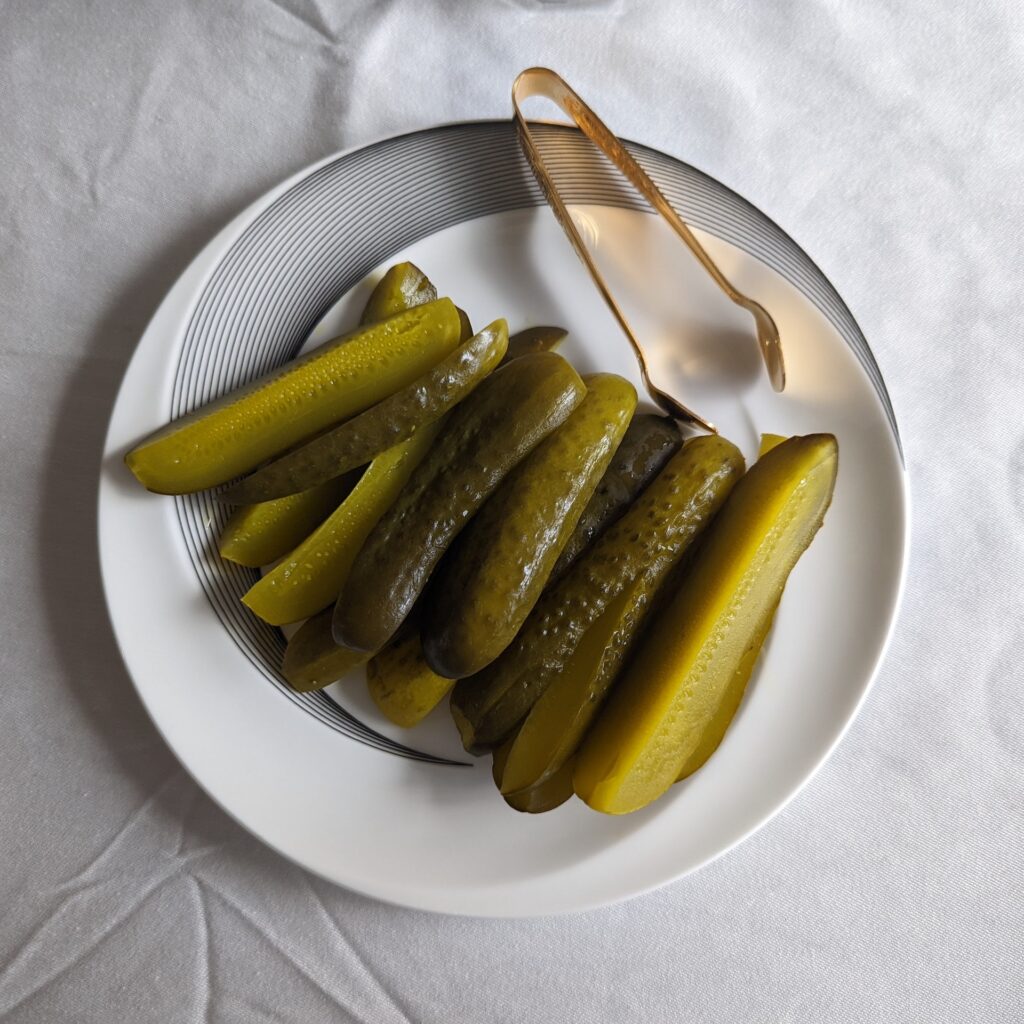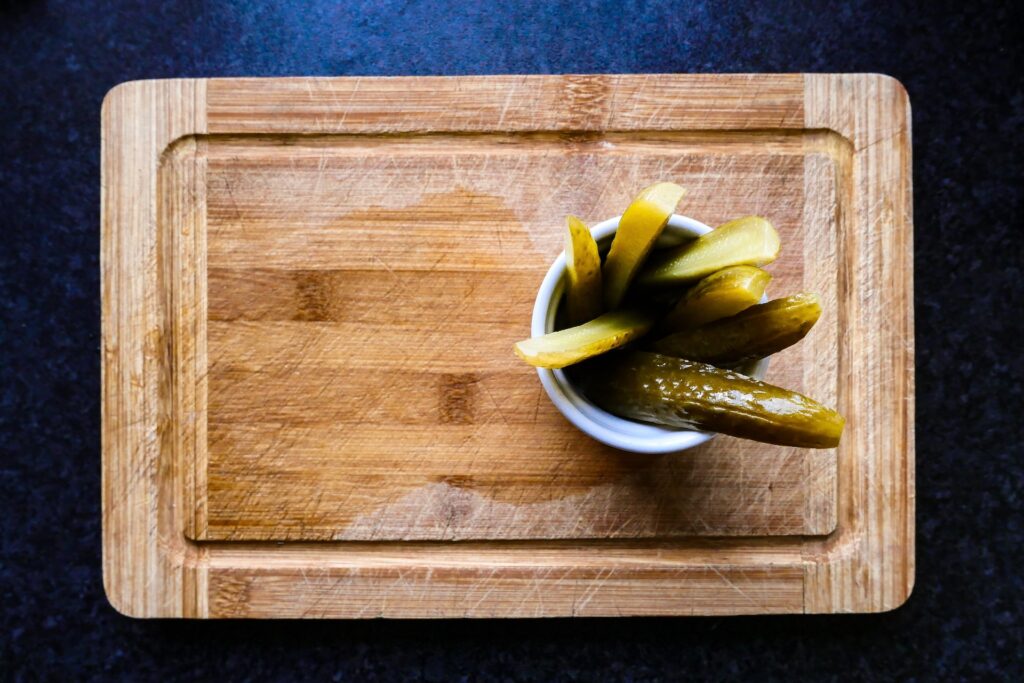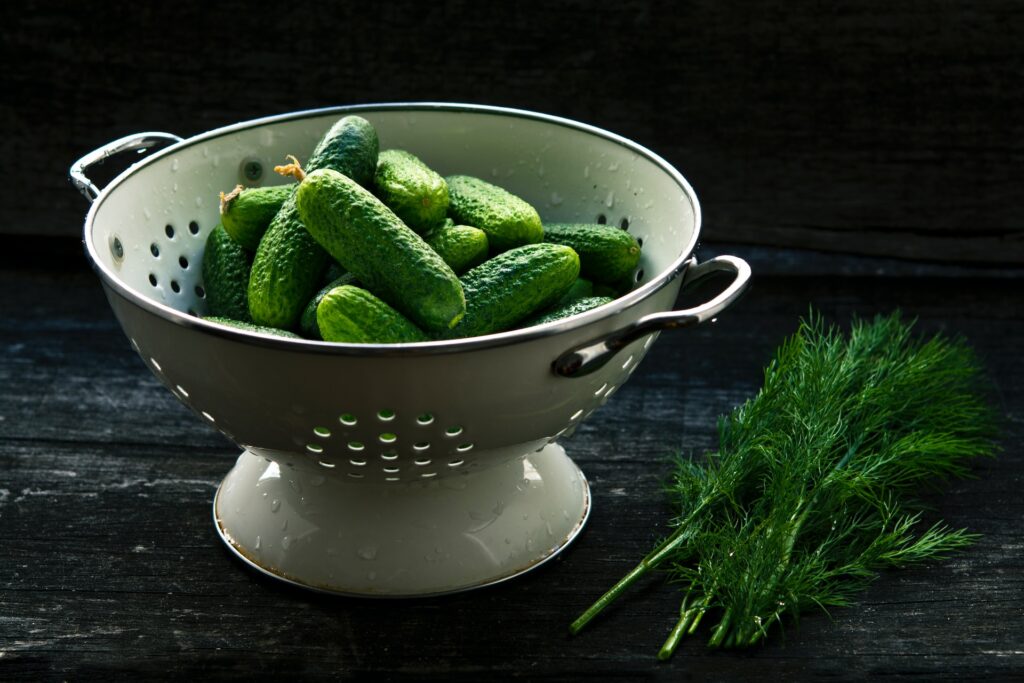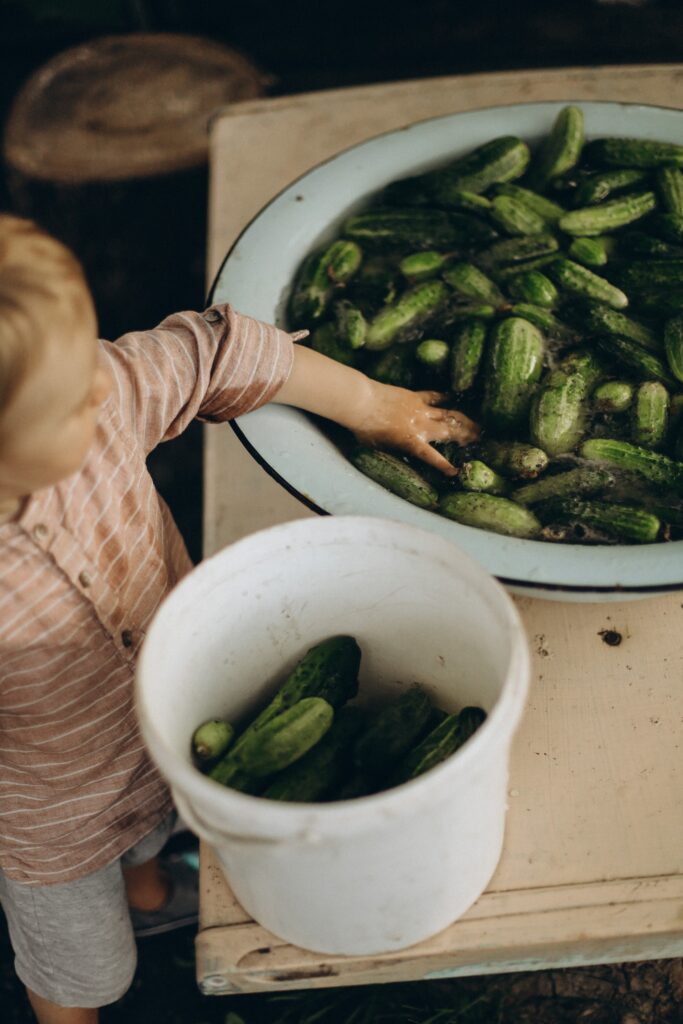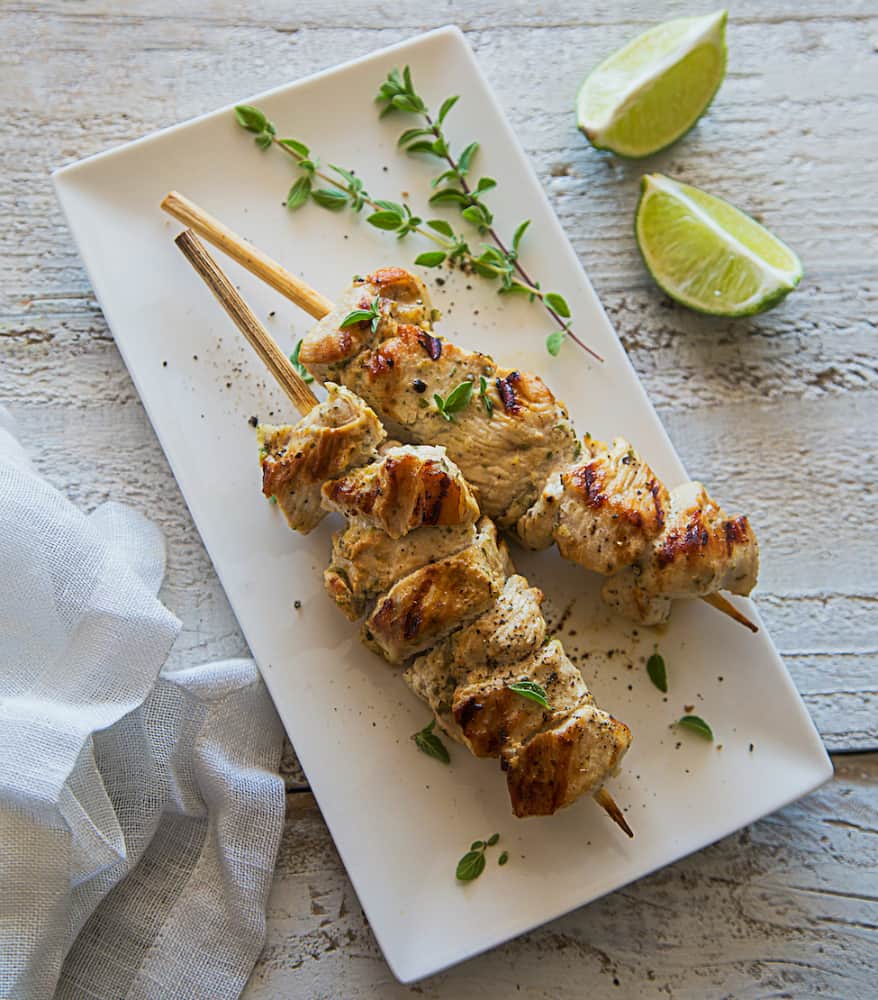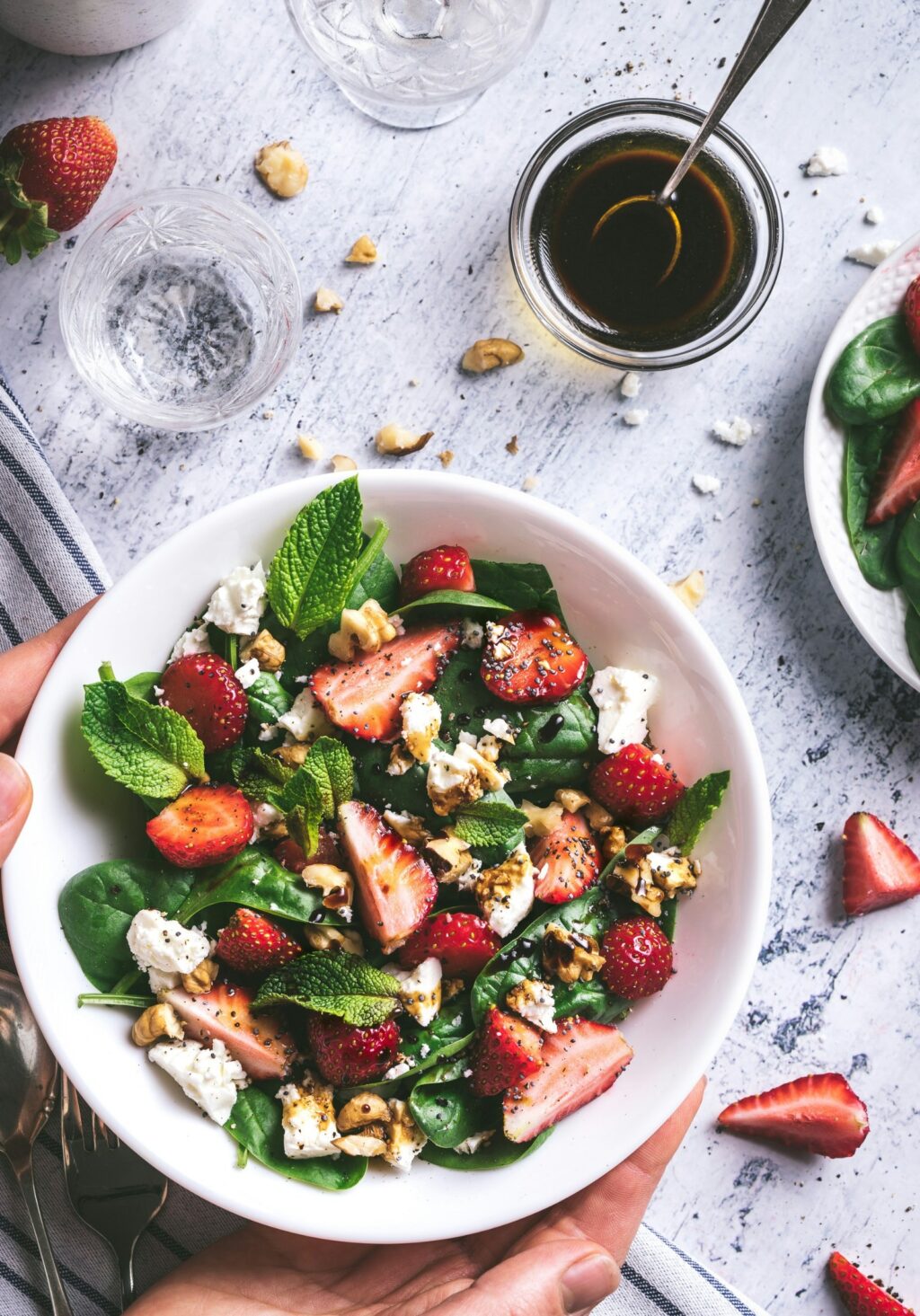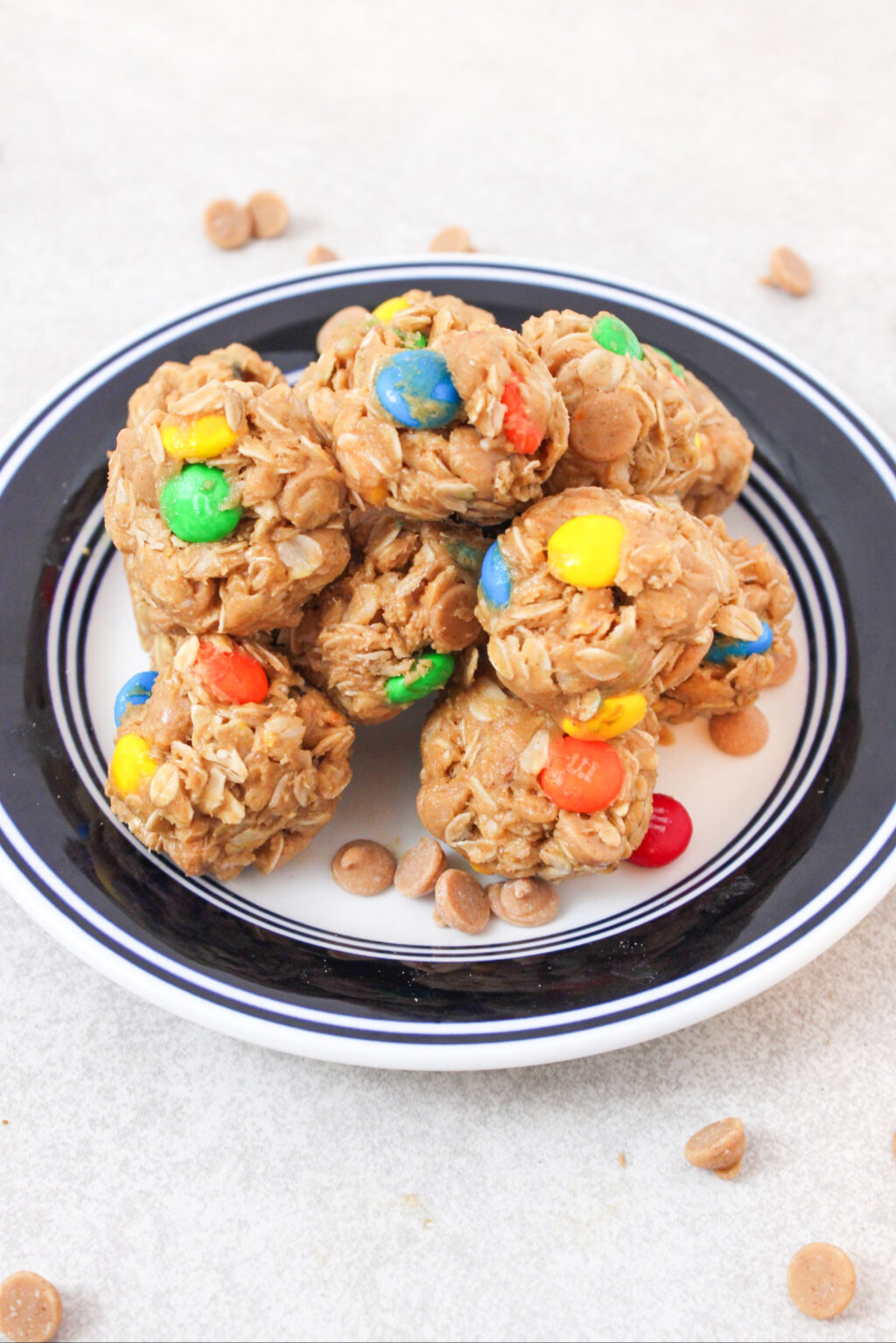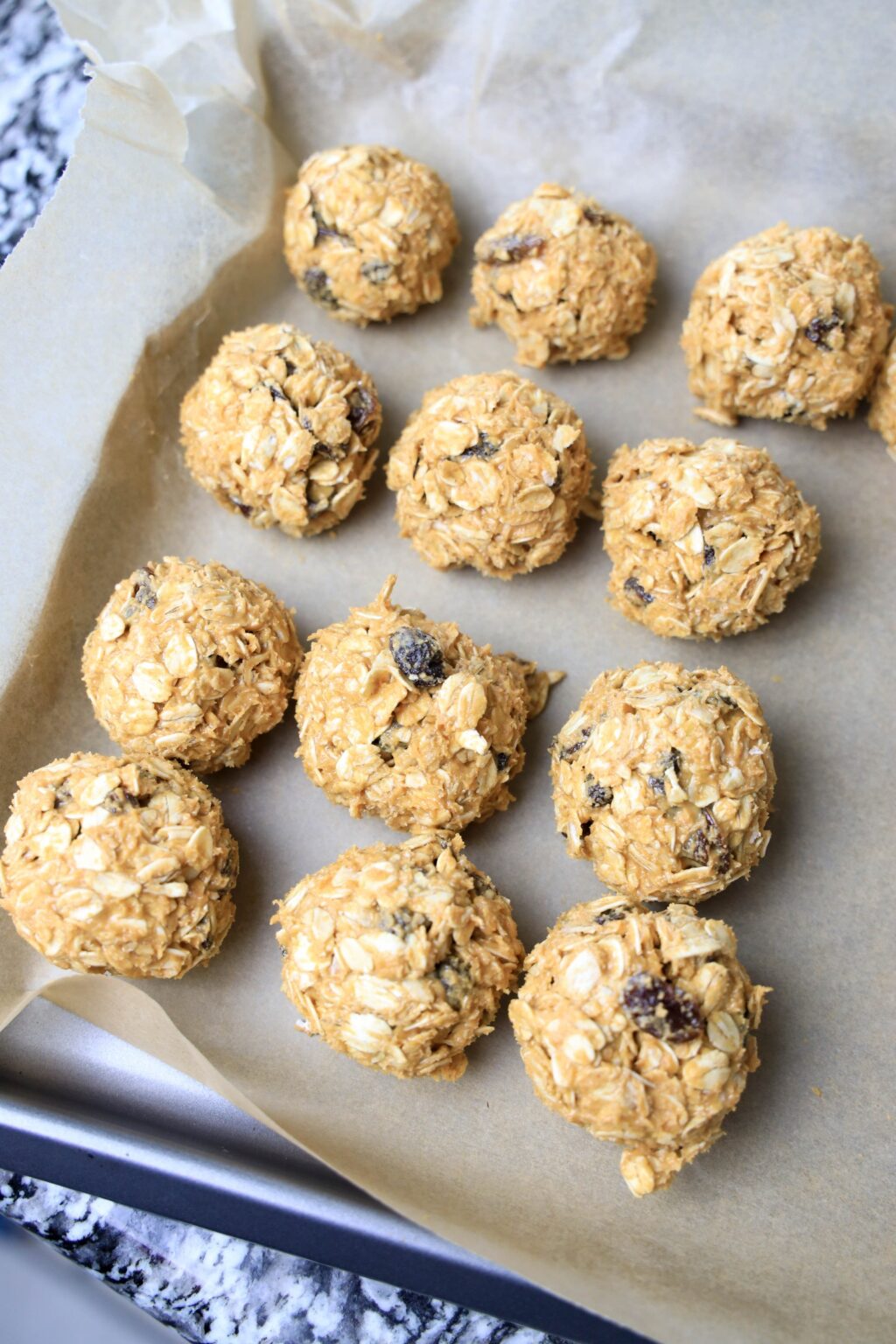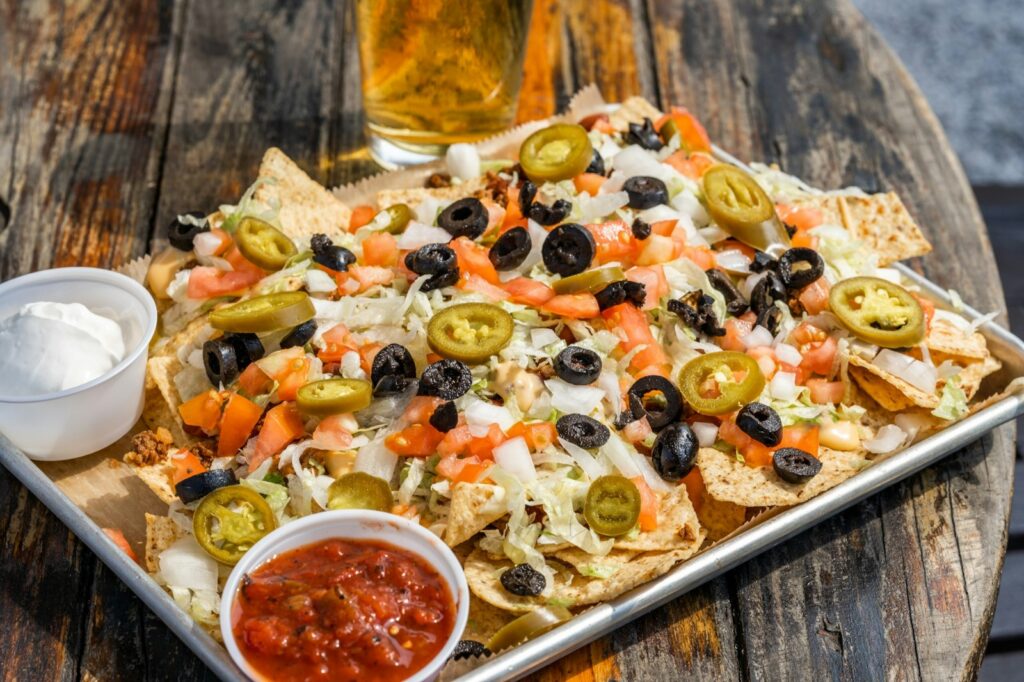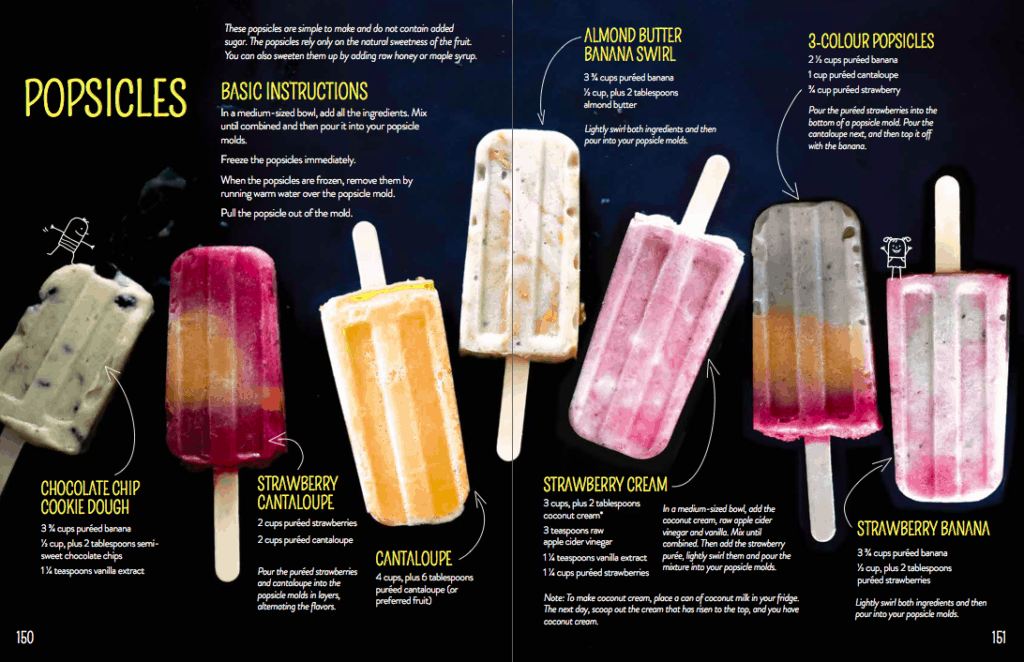What Brands of Pickles are Fermented?
This post contains affiliate links including Amazon affiliate links.
What store bought pickles are fermented?
Are you a fan of pickles? Do you love that tangy, sour flavor that comes with each bite? Well, did you know that not all pickles are created equal? Some are made using vinegar and others are fermented. But what brands of pickles are fermented?
If you’re curious about the world of fermented pickles, then this article is for you! We’ve done the research to bring you a list of popular pickle brands that use fermentation in their process.
Get ready to explore some delicious options and learn more about the benefits of eating fermented foods.
Fermented pickles are not only delicious but also offer numerous health benefits. They contain live bacteria called probiotics that aid digestion and boost immune function.
However, not all pickle brands use the traditional fermentation process. So, let’s dive into the world of pickles and find out which are the naturally fermented pickles brands!
Are pickles fermented? Are all pickles fermented?
No, not all pickles are fermented. Traditionally, pickles were made through the process of fermentation, where cucumbers are preserved in a brine of salt and water.
Most grocery store pickles sold these days are made with a vinegar brine and are pasteurized so there are no beneficial bacterial left.
Some people make refrigerator pickles. It is a popular method where cucumbers are soaked in a vinegar-based solution along with herbs, spices, and other flavors.
These pickles are not fermented and can be enjoyed after a short period of time in the refrigerator, typically within a few hours or days.
Not all pickles undergo the fermentation process. The choice between fermented and non-fermented pickles often comes down to personal preference and the desired flavor and texture of the final product.
I personally prefer fermented pickles for the probiotic boost!
Probiotics in pickles
The brand Olive My Pickle had their fermented pickles lab tested and found out a serving had between 12 and 14 Billion CFUs (Colony Forming Units).
The probiotics were higher in the brine and higher when the pickles were kept refrigerated.
I love that fermented pickles are a cheap source of good-for-you probiotics!
Brands of Fermented Pickles
What pickles are fermented? There are not many brands that offer fermented pickles. I could only find 6; 2 of those are sold through Amazon.
All of these brands of pickles have been naturally fermented giving them plenty of probiotics.
- Barrel Creek Provisions
- Bubbies (Can be purchased through Amazon)
- Cleveland Kitchen
- Olive my Pickle (Can be purchased through Amazon)
- Oregon Brineworks (Available on the West Coast)
- Sonoma Brinery
How to tell if pickles are fermented
You can tell if pickles are fermented by looking at 4 things. It’s easier to tell you to look at the ingredient label and see if it has vinegar. Vinegar would kill all probiotics.
- Texture: Fermented pickles tend to have a slightly softer and more “crunchy” texture compared to non-fermented pickles. The fermentation process breaks down some of the cucumber’s structure, resulting in a less firm texture.
- Flavor: Fermented pickles have a distinct tangy and sour flavor (that I love!) that comes from the lactic acid produced during the fermentation process. The flavor is often described as more complex and “pickle-like” compared to non-fermented pickles.
- Brine: Fermented pickles are typically preserved in a brine solution, which is the liquid in which the cucumbers are fermented. The brine may appear cloudy or slightly fizzy due to the presence of natural bacteria that develop during fermentation. The brine can also have a slightly acidic smell.
- Time: Fermented pickles take time to ferment. It usually takes several days or weeks at room temperature before they are ready to be consumed. Non-fermented pickles, on the other hand, can be prepared quickly and enjoyed in a shorter period of time.
Fermented Pickles vs Regular Pickles
Fermented pickles, also known as lacto-fermented pickles, and regular pickles, which are often made through non-fermentation methods like vinegar pickling or brine pickling, have some key differences:
- Ingredients: Fermented pickles are made using cucumbers, salt, and water. The fermentation process relies on the naturally occurring lactic acid bacteria present on the vegetables and in the environment. Regular pickles, on the other hand, often use vinegar, water, salt, and sometimes additional flavorings and preservatives.
- Fermentation process: Fermented pickles undergo a natural fermentation process. The cucumbers are submerged in a brine solution, and over time, the beneficial bacteria on the pickles convert the sugars into lactic acid, giving the pickles their tangy flavor. This process can take several days or weeks at room temperature. Regular pickles are typically prepared by soaking cucumbers in a vinegar-based solution, often with additional spices, herbs, or sweeteners. They are usually ready to eat within a few hours or days of pickling. You will find them on the shelf at the grocery store.
- Flavor: Fermented pickles have a distinct tangy and sour flavor resulting from the lactic acid produced during fermentation. Regular pickles made with vinegar have a sharp, acidic taste. I personally don’t like that very acidic, vinegar taste.
- Texture: Fermented pickles have a slightly softer texture compared to regular pickles. The fermentation process breaks down the cucumber’s structure, resulting in a less firm and crunchier texture. You can control the texture by fermenting it for less or more days. Regular pickles can have a firmer and crunchier texture, depending on the pickling method and the desired outcome.
Both fermented pickles and regular pickles have their own unique characteristics and flavors. It ultimately comes down to personal preference and the specific taste and texture you are looking for in your pickles.
Where to buy fermented pickles
You’ll find fermented pickles and other fermented products like raw sauerkraut in the refrigerator section; probably in the health food aisle.
All of the fermented pickles would be pickles without vinegar so they cannot be stored on the shelf with the ‘regular’ pickles.
You should be able to find them at any large grocery store. Also look for them at health-focused grocery stores like Whole Foods, Trader Joe’s, etc.
Also, consider looking for fermented pickles at your local farmer’s market. You’ll probably get the best price there and you’ll get to meet the person who made them.
How to make probiotic pickles
It is very easy to make probiotic pickles. You only need to add washed pickling cucumbers to a fermentation jar, add some herbs like dill, and add in some flavor like fresh garlic and pickling spices.
Then cover it in a brine made of salt and water. Allow the pickles to ferment at room temperature for a few days.
You can follow my fermented pickle recipe. It only takes 3 days!
DISCLOSURE: Not intended for the treatment or prevention of disease, nor as a substitute for medical treatment, nor as an alternative to medical advice. Use of recommendations is at the choice and risk of the reader. Ditch the Wheat is a participant in the Amazon Services LLC Associates Program. As an Amazon Associate I earn from qualifying purchases. I may receive monetary compensation or other types of remuneration for my endorsement, recommendation, testimonial and/or link to any products or services from this blog. I only endorse products that I believe in.
Carol Lovett is the founder of Ditch the Wheat and a Globe and Mail bestselling author of the cookbook, Ditch the Wheat. She has been eating gluten free since 2010. She loves all things food, natural living, and spiritual. She's also a reiki master and crystal healer.
Gluten Free Resources
Do you need help with gluten free meals?
I recommend this meal-planning app. It makes cooking gluten free dinners extremely easy and family-friendly.
What gluten free snacks can I eat?
Lots! I have a ton of practical gluten free snack recipes in my cookbook.
How can I eat dessert on a gluten free diet?
You can 100% eat dessert while eating gluten free. Try my dessert cookbook for easy gluten free dessert recipes.
How do I know what is gluten free and what isn’t?
I have a whole section is it gluten free?
How do I make substitutions?
If you need substitution advice I created a ton of resources here.

